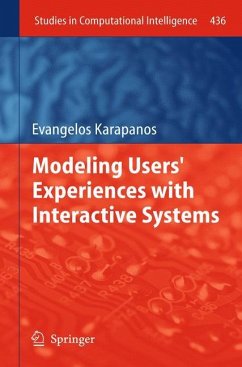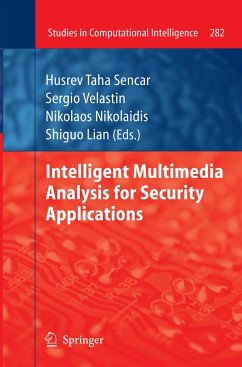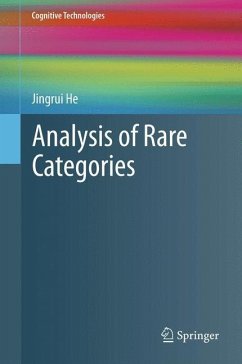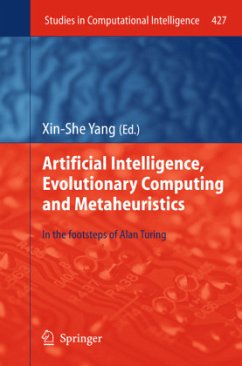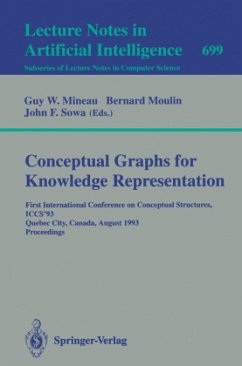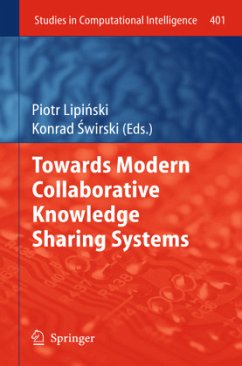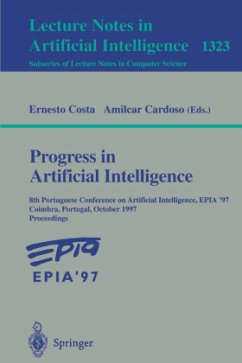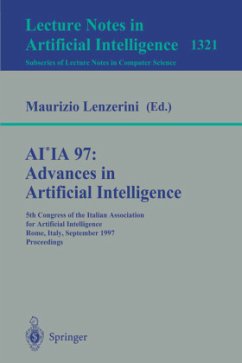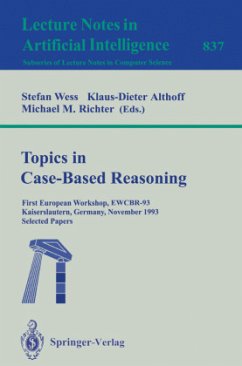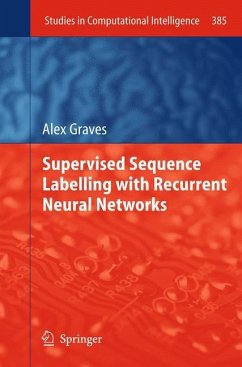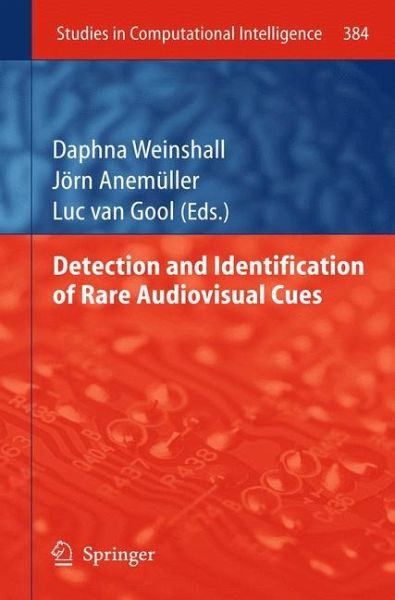
Detection and Identification of Rare Audio-visual Cues

PAYBACK Punkte
39 °P sammeln!
Machine learning builds models of the world using training data from the application domain and prior knowledge about the problem. The models are later applied to future data in order to estimate the current state of the world. An implied assumption is that the future is stochastically similar to the past. The approach fails when the system encounters situations that are not anticipated from the past experience. In contrast, successful natural organisms identify new unanticipated stimuli and situations and frequently generate appropriate responses.The observation described above lead to the in...
Machine learning builds models of the world using training data from the application domain and prior knowledge about the problem. The models are later applied to future data in order to estimate the current state of the world. An implied assumption is that the future is stochastically similar to the past. The approach fails when the system encounters situations that are not anticipated from the past experience. In contrast, successful natural organisms identify new unanticipated stimuli and situations and frequently generate appropriate responses.
The observation described above lead to the initiation of the DIRAC EC project in 2006. In 2010 a workshop was held, aimed to bring together researchers and students from different disciplines in order to present and discuss new approaches for identifying and reacting to unexpected events in information-rich environments. This book includes a summary of the achievements of the DIRAC project in chapter 1, and a collection of the papers presented in this workshop in the remaining parts.
The observation described above lead to the initiation of the DIRAC EC project in 2006. In 2010 a workshop was held, aimed to bring together researchers and students from different disciplines in order to present and discuss new approaches for identifying and reacting to unexpected events in information-rich environments. This book includes a summary of the achievements of the DIRAC project in chapter 1, and a collection of the papers presented in this workshop in the remaining parts.





